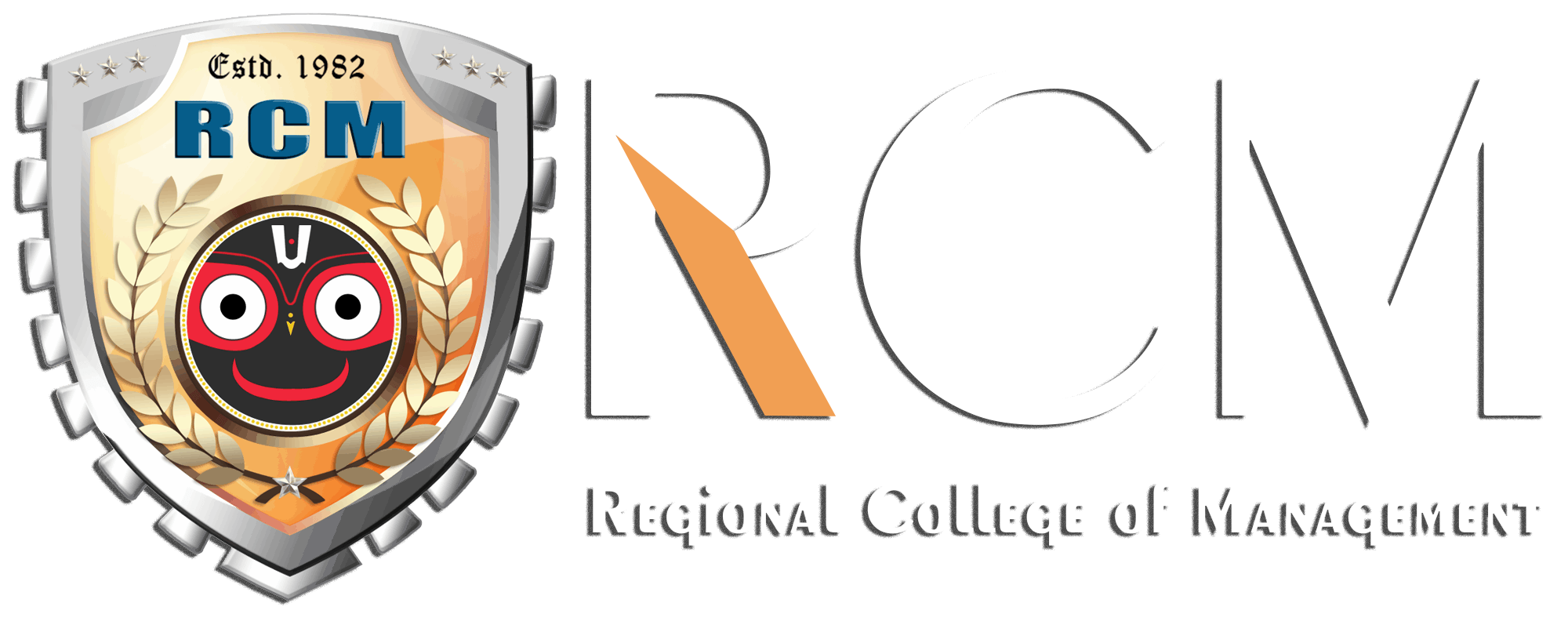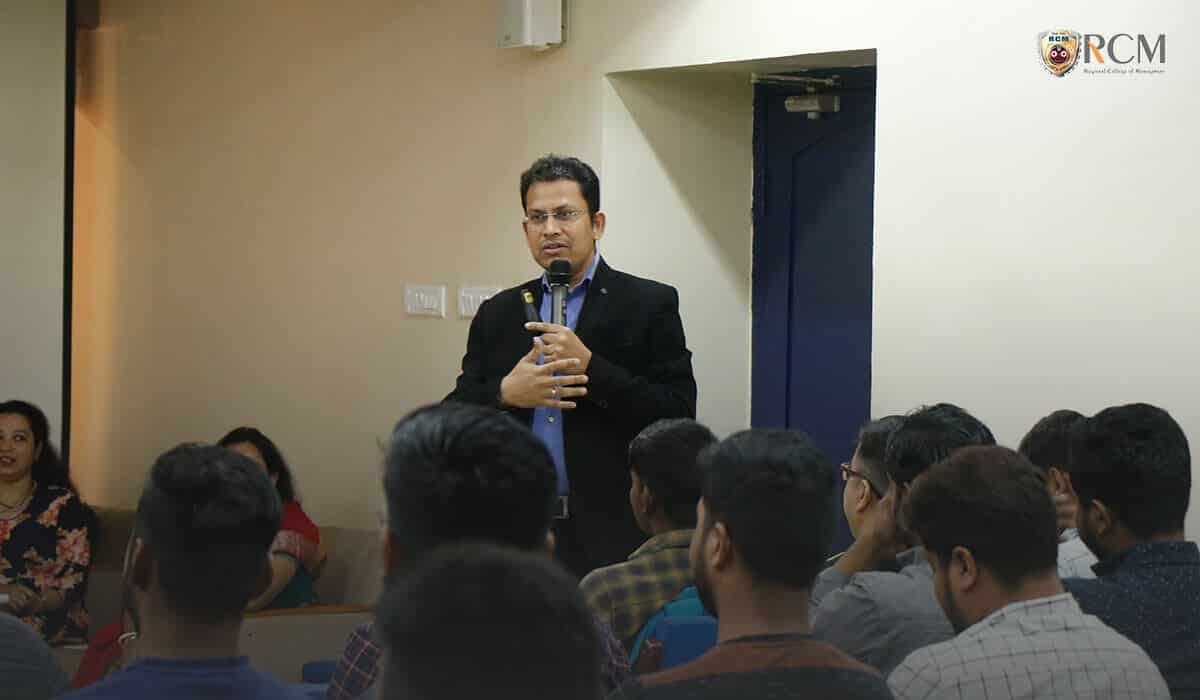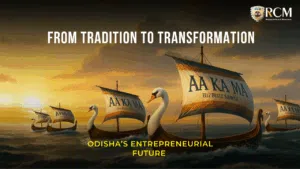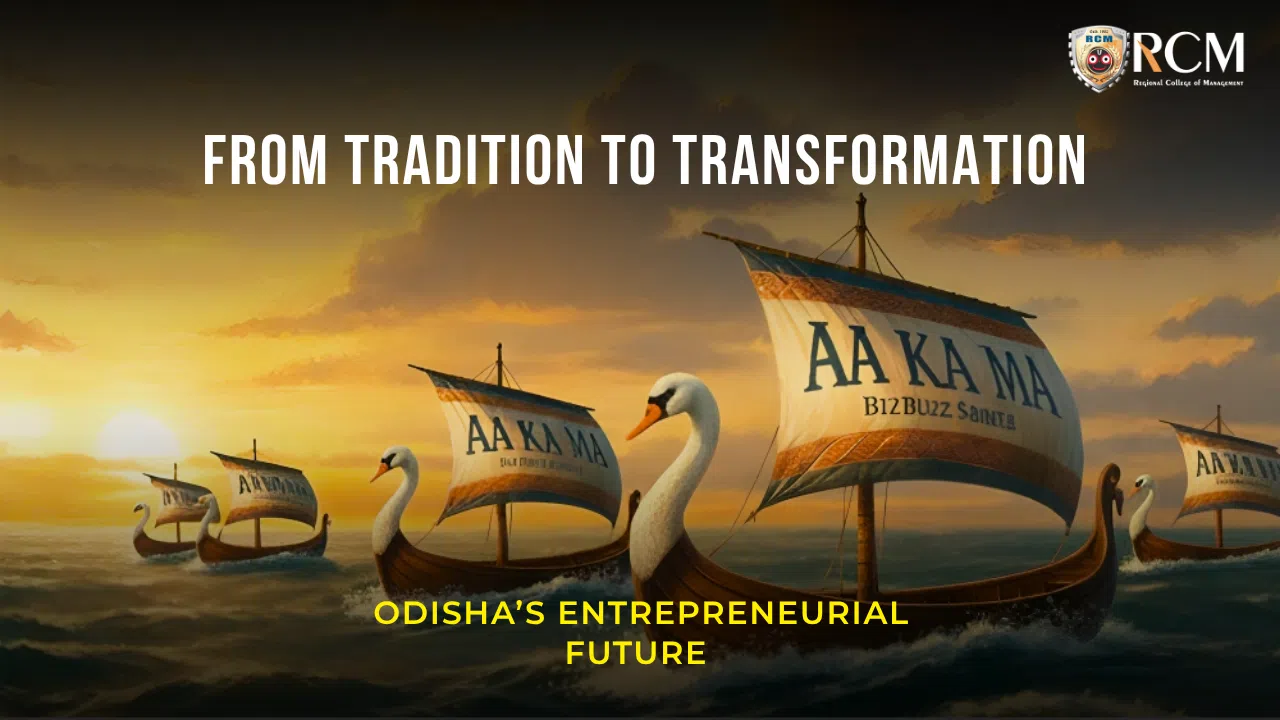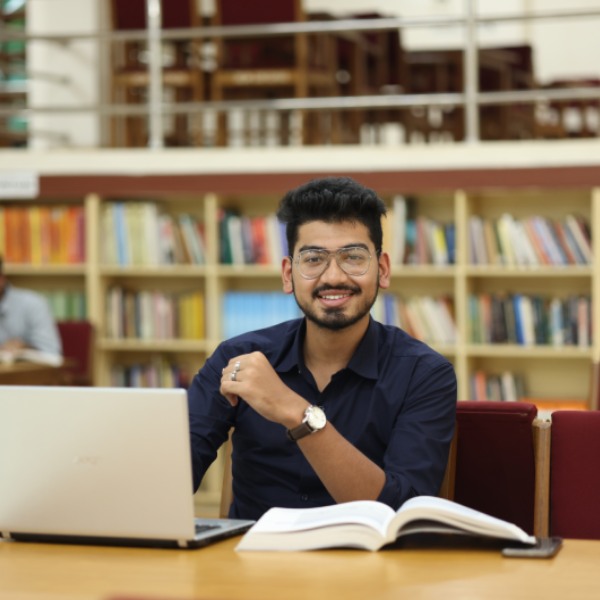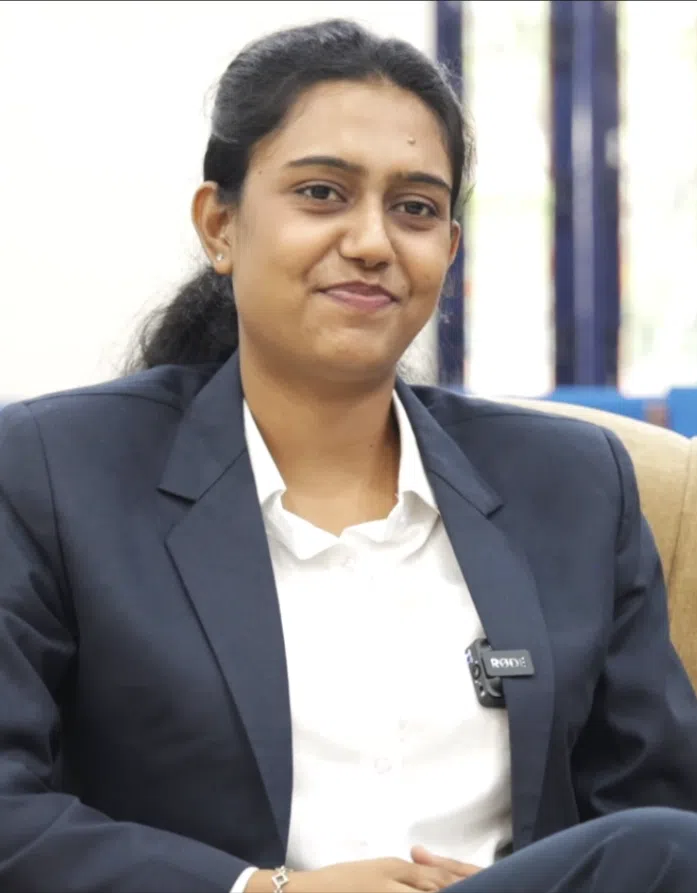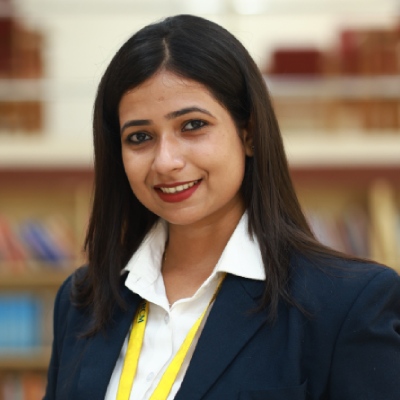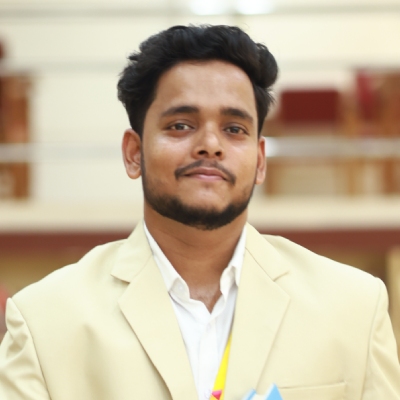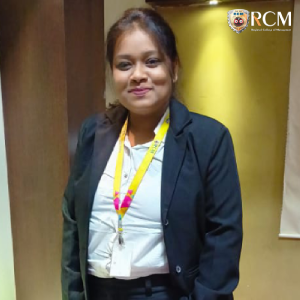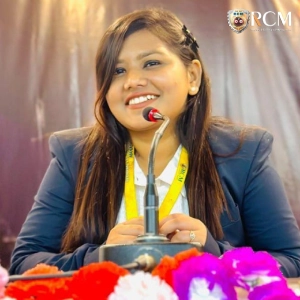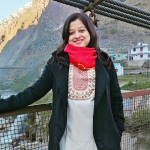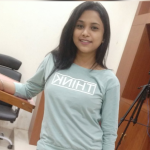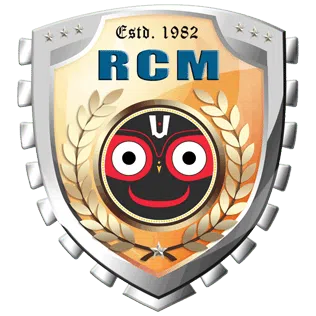The Lenovo Smarter Ed conclave, which was Organized by Hindustan Times, will be focusing on the New Education Policy (NEP), upskilling teachers, technological development in education, the digital divide that was created with the advent of online learning during the pandemic, and on encouraging smooth communication with decision makers across schools and institutes of higher education.
To take lessons from the pandemic and its impact on education, policy makers, industry experts, and educators participated in a two-day education conclave to discuss about road map for the education sector in India.
“There is a strong argument that education will never go back to the pre-pandemic time and technology is going to be as important as physical campuses. The focus on large physical spaces will shrink and a hybrid model of education involving a combination of classroom teaching and online lessons will find greater acceptance,” the organizers said in a statement.
The discussion in the conclave was regarding the digital inequality, the new forms of exclusion that may arise in future, and the major focus was on technological revolutions and results leading to advancement and tech dispersion.
Union Minister Dharmendra Pradhan addressed the conclave and spoke about the NEP 2020 and the role of technology in the future of education. The managing director of Lenovo India, Shailendra Katyal, shared some insights on how technology can help to bridge the digital divide.
The two-day conclave touched upon the major three key areas of the education sector namely, technological advancements in education, digital imbalance, and reskilling of the educator personnel.
There was also an in-dept discussion on government policies to focus on the advancement of education sector with modern tools and concepts. Experts presented their views about the importance of smarter education India and the role of analytical and data driven technology in knowing young minds and providing them with a complete curriculum as per the learner’s requirements.
Policymakers had a discussion about the need of infrastructure in rural India, gender biasedness in households, requirement of digitalized learning in educational institutes, and what’s the role of communities to bridge these gaps.
